![]()
Remembering a past that has long left Chicago behind
Chicago was a different place when I grew up there in the 1950s and 1960s. People felt safer and some problems and there was less crime. And, every ethnic and racial group lived openly among themselves proudly and happily. That is a far contrast from today’s Chicago where the labels “Beirut on the Lake” and “Chicagostan” don’t even come close to depicting the terrible situation of rising crime and the failure of politicians like Mayor Lori Lightfoot and Kim Foxx to act effectively
By Ray Hanania
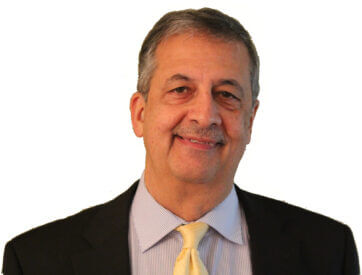
When I was younger, my dad would always talk about how beautiful the city was where he grew up but how grateful he was to be able to come to and settle in Chicago.
Of course, he was talking about Jerusalem which long before his country, Palestine, was torn by war, was one of the most spectacular cities in the world.
Dad left Jerusalem in 1926 when he brother, Joseph, drowned while swimming in the Jerusalem quarry. He said he could eventually accept his brother’s passing, as he had strong Christian beliefs.
But what he couldn’t accept was that as his brother, who was by himself, called for help, no one would help. The quarry was segregated, divided between Jews, Christians and Muslims. No one would help because they all thought he belonged to the other faiths, not theirs, according to the report filed that April by the British Mandate Police.
When dad arrived in Chicago, he joined an older brother, Moses, who had traveled much followed in the steps of my grandfather, John, who sold olive wood sculptures hand made in Bethlehem and Jerusalem to Christians in Europe and in America, including during the 1893 Columbia Exposition.
“The streets of America,” he told his six sons and two daughters, “were paved in Gold.”
Dad worked hard, first as an usher at the Astor Street Theater. Then later as a at a local bank, attending law school at DePaul. Eventually he was hired by Sinclair Oil Company, which needed some employees who spoke Arabic and understood Middle Eastern culture.
When the Japanese attacked Pearl Harbor, he and his brother enlisted in the military. They both wanted to serve in the Army and my dad was recruited to serve with the Office of Strategic Services (OSS) the precursor to the CIA which targeted Nazi targets in Europe. But when the recruiters were introduced to Moses, they insisted he join the Navy where he served on a battle ship in the Atlantic. Moses, they said, could help America “part the seas” to victory.
When the war was over, dad bought his first home at 99th and Forest Avenue, but had to move when Mayor Daley decided to carve an express through our block. He moved to the Southeast Side of Chicago at 89th and Luella.
Some people said Chicago was a racist city, But the truth was most ethnic and racial and religious people liked to live among there own. Polish with the Polish. Irish with the Irish. Blacks with the Blacks. And, ironically, Arabs and Jews with the Arabs and Jews near Pill Hill.
There was crime, but not nearly what we see today. Kids could go trick or treat late into the evening, even when the parents said be home when the lights went on.
There were tragedies, like the killings of eight student nurses by a psychopath White man named Richard Speck who had a terrible childhood. The murders took place at 2319 E. 100th Street, one mile south of where I lived.
Despite that tragedy, no one locked their doors. We knew almost all of our neighbors for blocks down. Even if you didn’t, you could walk up to a house and say hello or ask for help if you got lost.
I was 10 years old when my friends and I took the Jeffery Avenue Bus downtown to see the new James Bond film Dr. No. It cost 12 cents. Mom didn’t say don’t talk to strangers. We didn’t have cell phones, but we did have Roosevelt and Mercury dimes to call from the public pay phone to let our parents know after we ate at Wimpy Burgers and threw away some pennies and nickels at Treasure Island nearby.
We rode our bicycles several miles to the Indiana border down Torrence Avenue, which was South Colfax Avenue north of 95th Street, to buy fireworks. We’d pick up old glass Coca Cola bottles and cash them in at the local stores, two cents a-piece. We read Superman Comic books and collected Mickey Mantle and Roger Maris baseball cards
It was a safe world. There was crime. But the threat level wasn’t as high then as it is today.
Just walking the street or driving down the expressway Daley built through our first home is a life and death roll of the dice.
Today, we lock our doors, look at strangers suspiciously with fear. Our neighborhoods are racially mixed but neighbors don’t really talk. Crime is out-of-control and no one has a solution.
I wish my son and daughter and my grandkids could experience that kind of life But in Chicagoland these days, that kind of safe life is long gone.
(Ray Hanania is an award winning former Chicago City Hall reporter. A political analyst and CEO of Urban Strategies Group, Hanania’s opinion columns on mainstream issues are published in the Southwest News Newspaper Group in the Des Plaines Valley News, Southwest News-Herald, The Regional News, The Reporter Newspapers. His Middle East columns are published in the Arab News. For more information on Ray Hanania visit www.Hanania.com or email him at rghanania@gmail.com.)
SUBSCRIBE BELOW
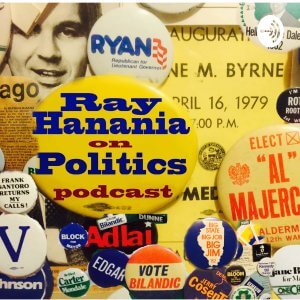
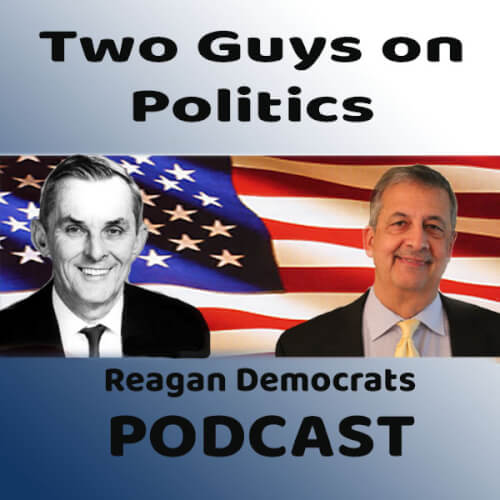
Ray Hanania and Producer Brian Broeking
PS … Follow Ray Hanania on Twitter at Twitter.com/rayhanania. Fight back against #SocialMediaBigBrother
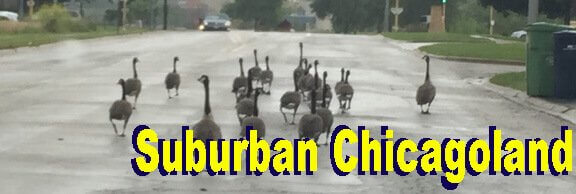

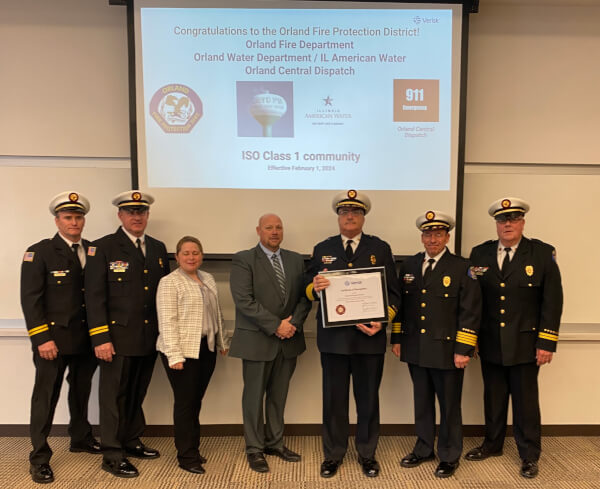
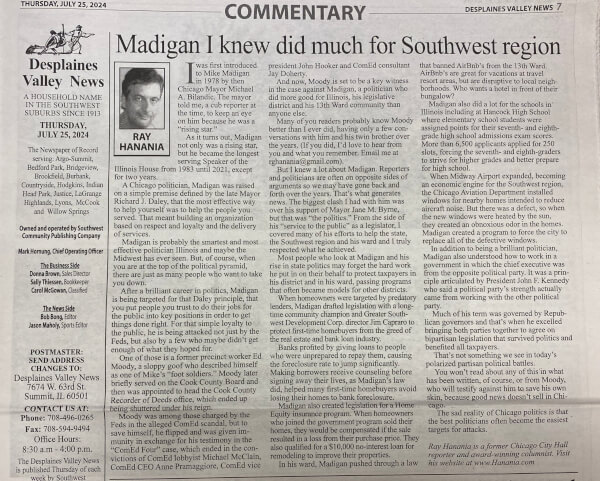
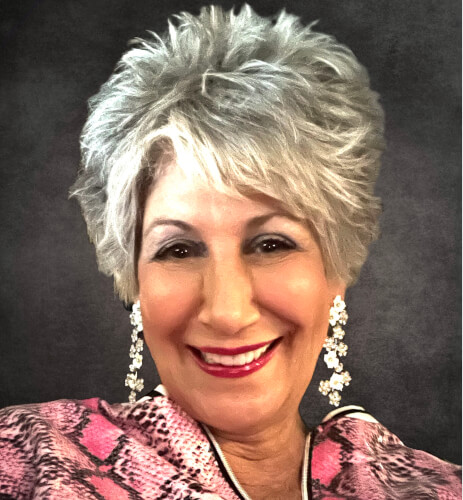
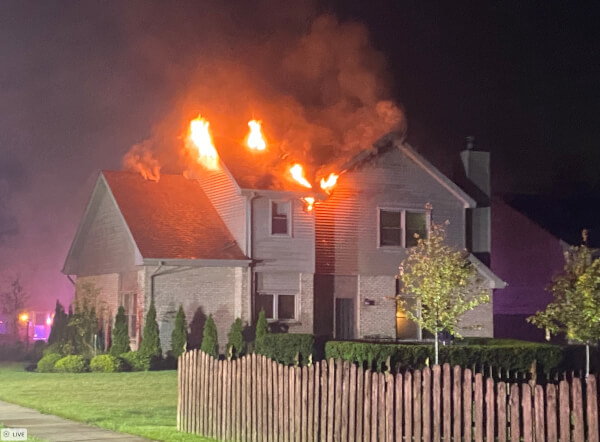
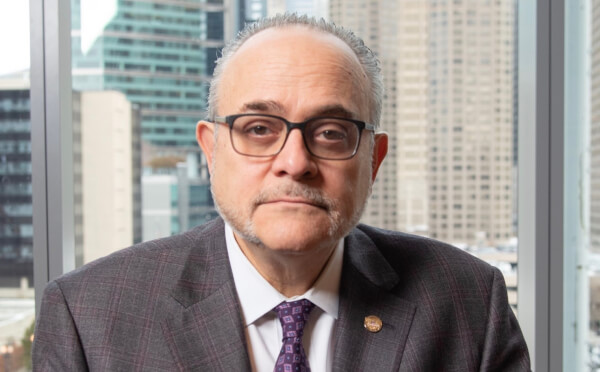
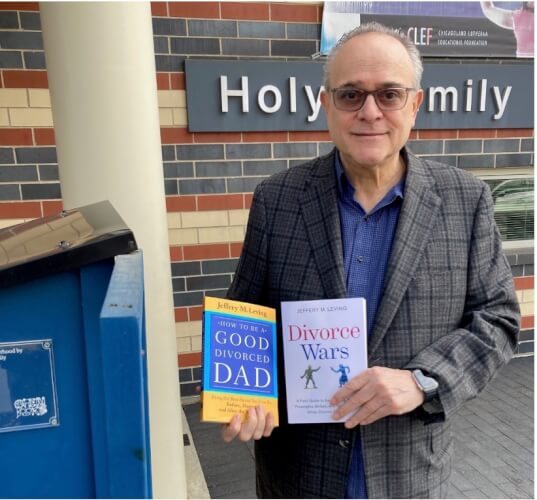
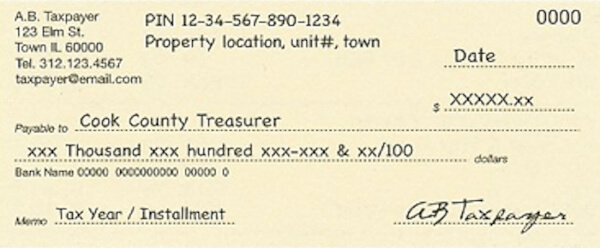
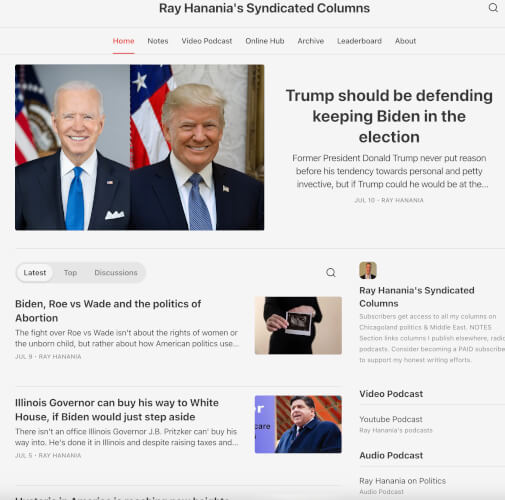
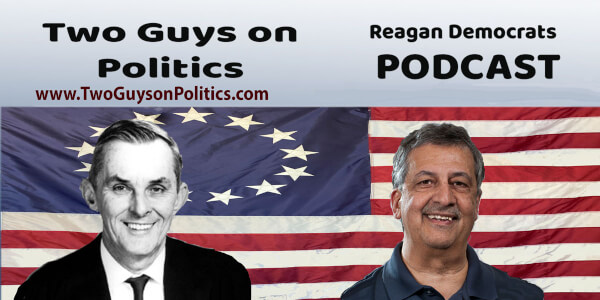
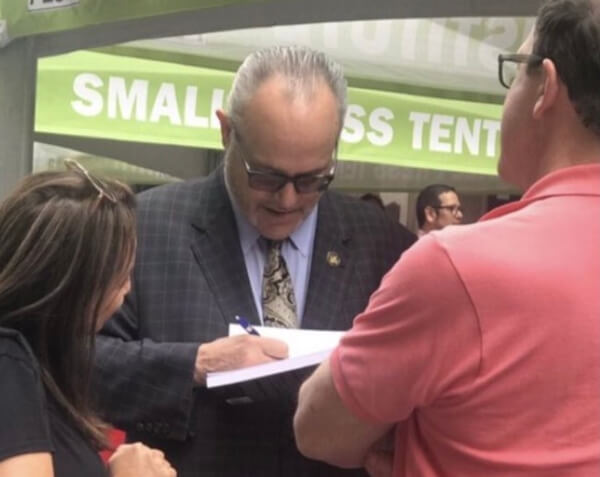
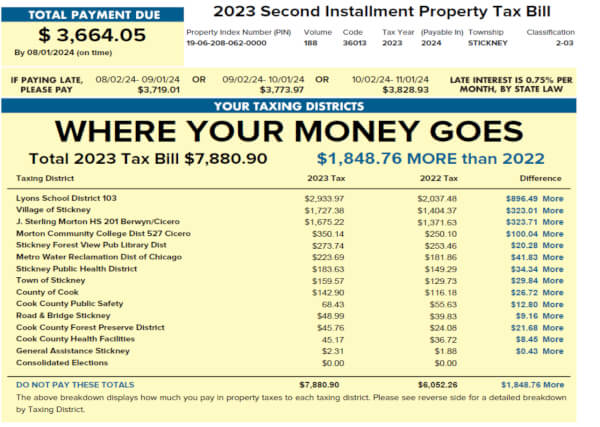
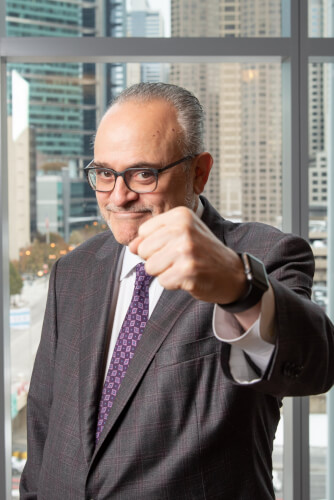
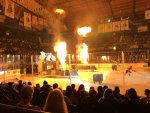
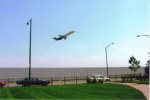
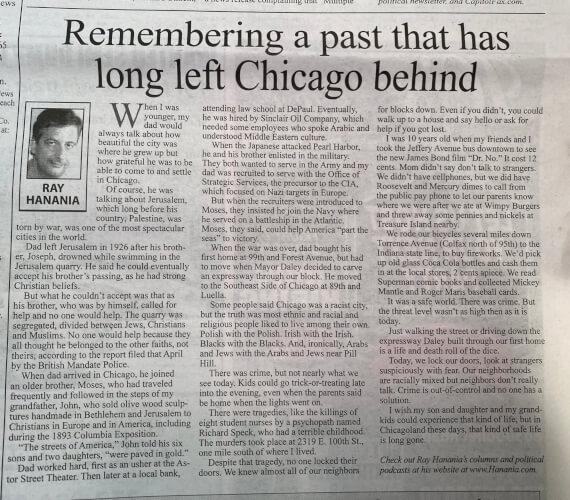
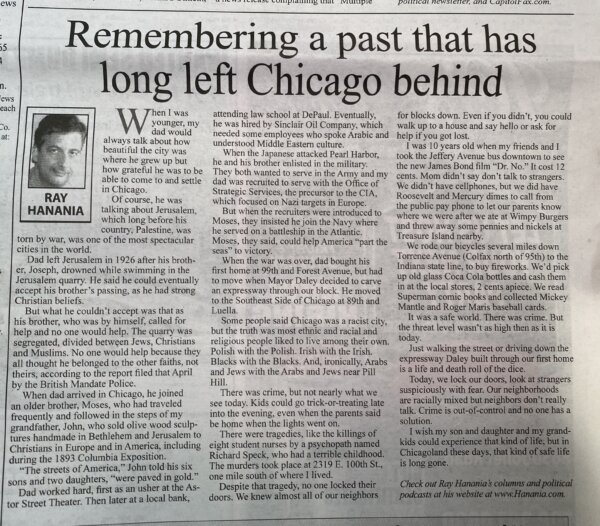

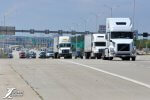
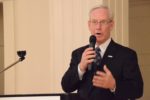
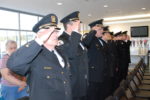

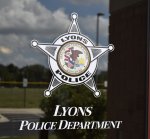

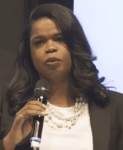
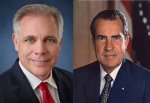
Comment on “Remembering a past that has long left Chicago behind”